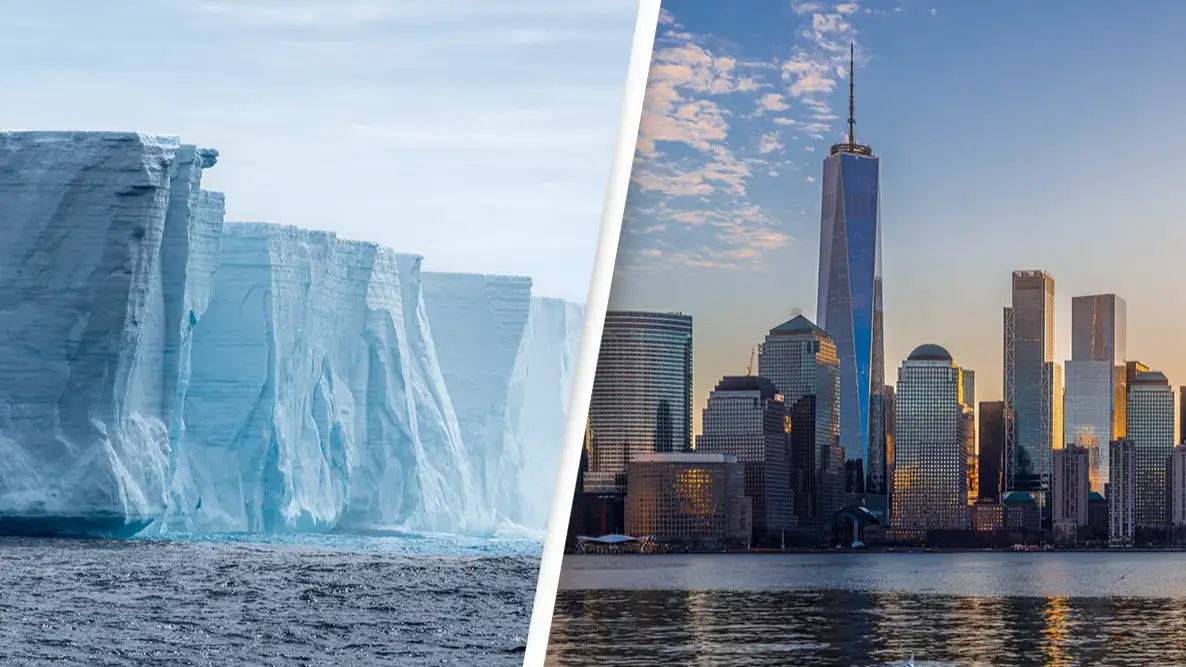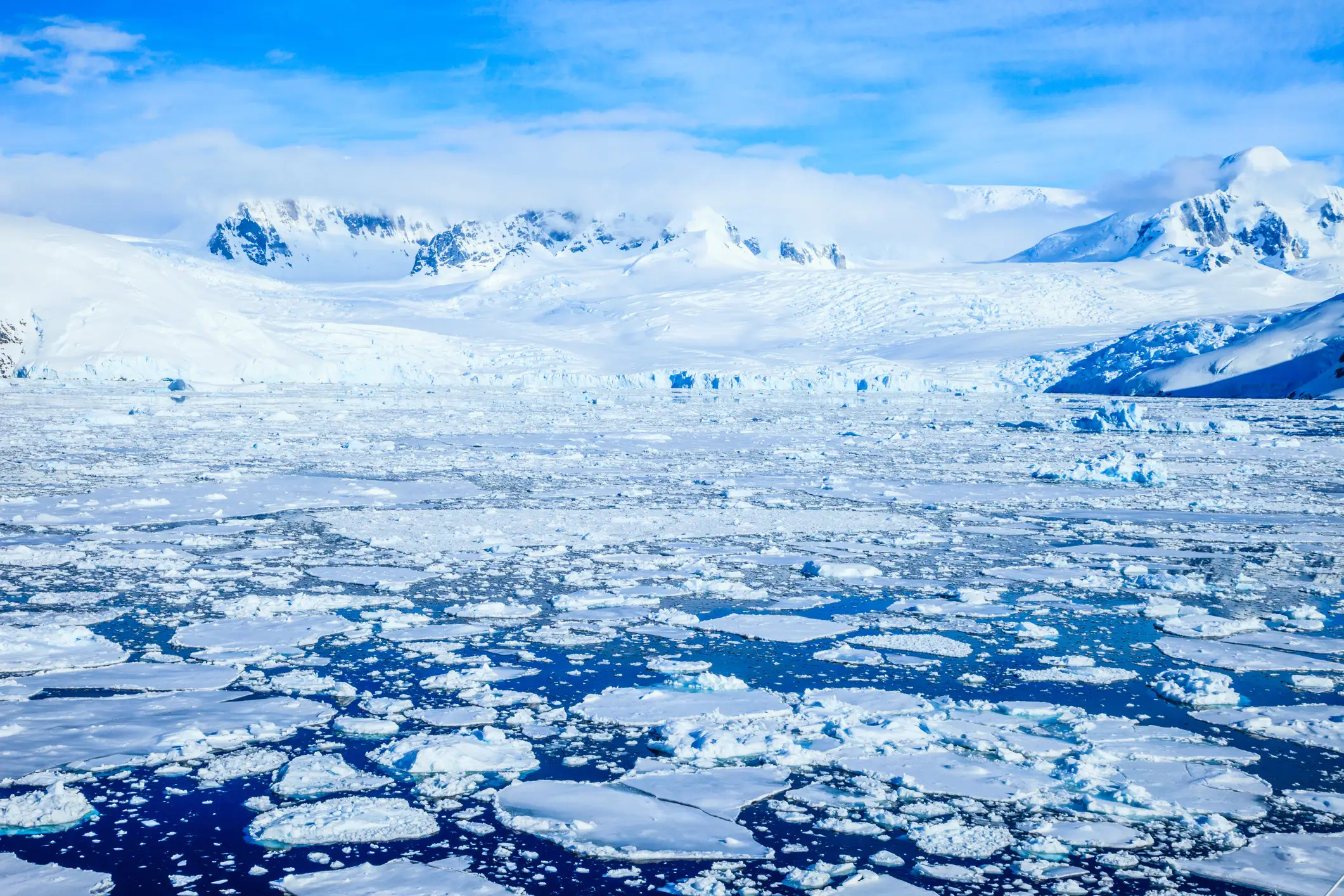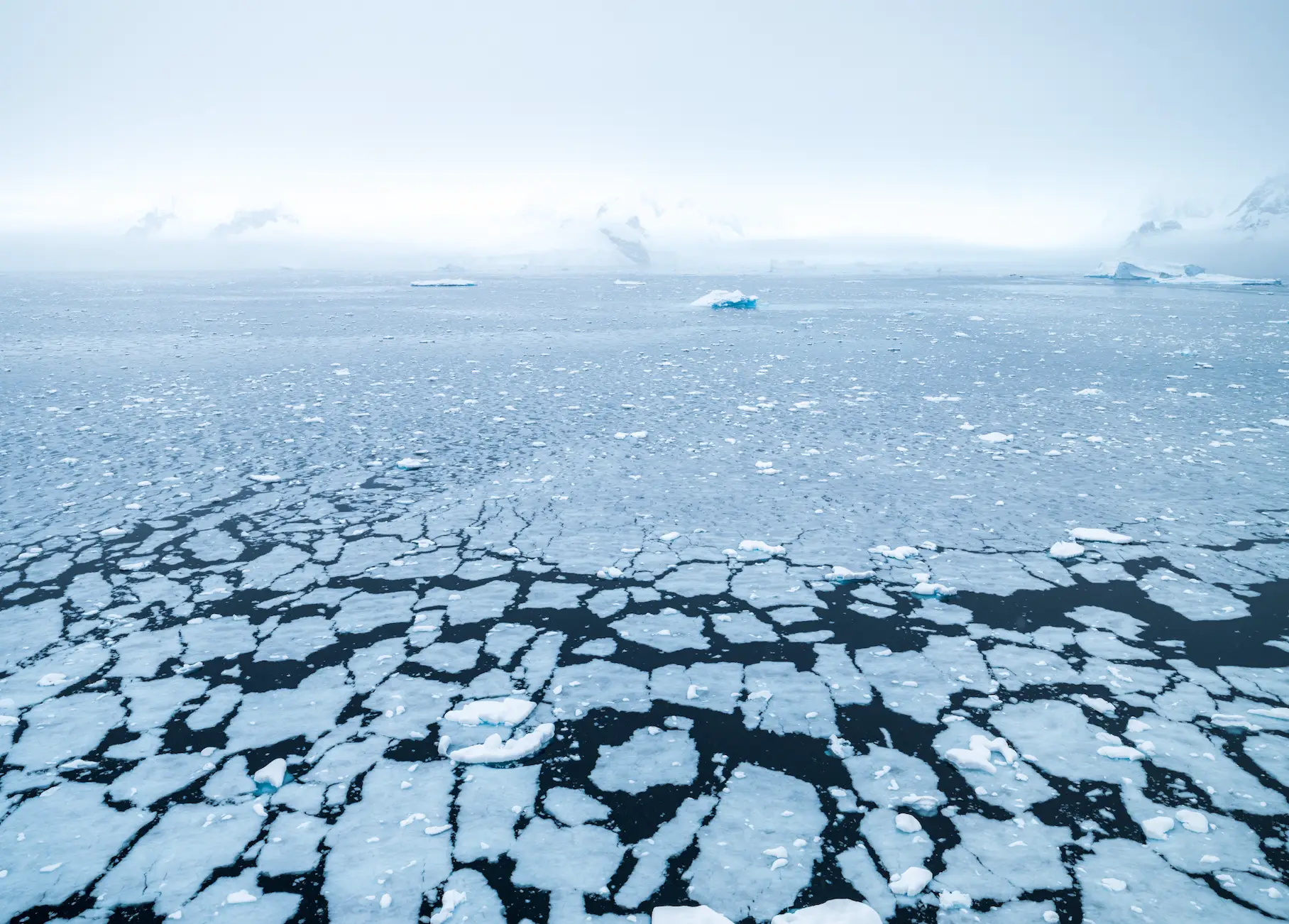
The melting of a so-called 'Doomsday Glacier' that has the power to completely devastate communities like Miami has prompted scientists to call for urgent intervention.
It's no secret that climate change is resulting in rising sea levels and increasing temperatures, but the true impact of what that means has been put into perspective through reports on the Thwaites Glacier, aka the Doomsday Glacier, which holds enough water to increase sea levels by more than two feet.
However, because Thwaites also acts as a 'cork' to the larger Antarctic ice sheet, its collapse could actually cause sea levels to rise by around 10 feet, which would have a devastating impact on coastal communities across the globe.

Advert
In September, the International Thwaites Glacier Collaboration published its findings after studying the glacier since 2018, and found that rapid ice loss is set to speed up this century - so much so that the entire glacier could collapse within 200 years.
According to CNN, Rob Larter, a marine geophysicist at the British Antarctic Survey and part of the ITGC team, said: "Our findings indicate it is set to retreat further and faster."
The findings came just months after scientists with the University of Chicago published a paper on possible approaches to tackling sea level rise, and called for 'major initiative' to research which of the interventions could be used.
Two categories of interventions discussed by researchers include installing a type of 'curtains' on the seabed to prevent warm water from undermining glaciers, and trying to slow down the streams that carry melting water off the ice sheets.
Douglas MacAyeal, a professor of geophysical sciences with the University of Chicago, explained: “From preliminary studies, the actual engineering required might be smaller than you might think. For example, the Thwaites Glacier in Antarctica might require as little as 50 miles of seabed nets and curtains to make a difference.”

Though it will take years more research for scientists to be able to properly recommend or rule out appropriate intervention methods, MacAyeal added: "Our argument is that we should start funding this research now, so that we aren’t making panicked decisions down the road when the water is already lapping at our ankles."
Researchers noted that interventions would need to be a collaborative effort from nations across the globe, requiring 'robust participation of sociologists, humanists, ecologists, community leaders, scientific and engineering governing bodies, international treaty organizations, and other relevant stakeholders in guiding the research'.
Topics: Climate Change, Environment, Science, Technology, World News, Antarctica